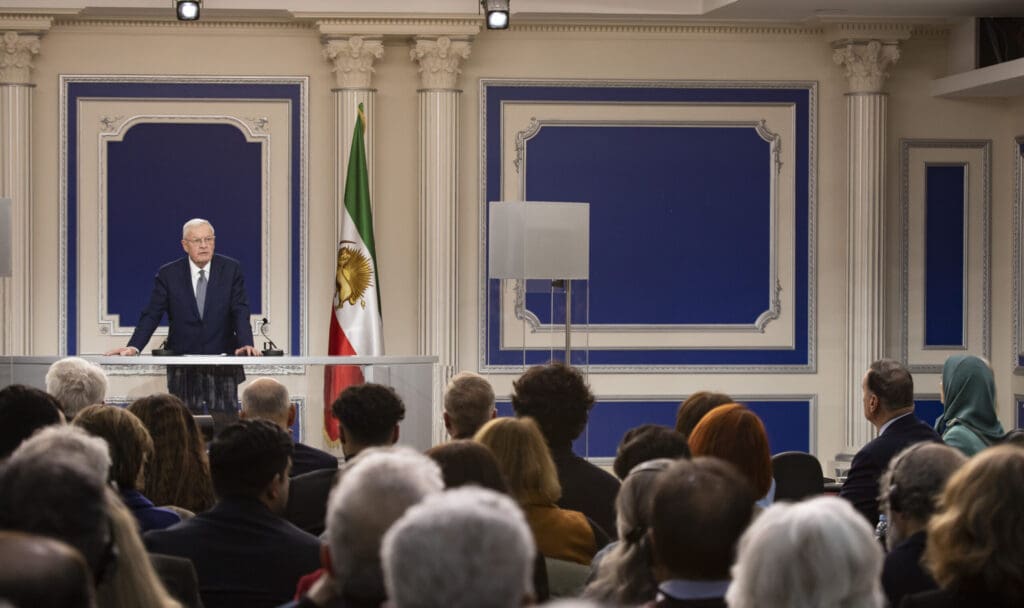Foreign Affairs
Contacts between the administration and MEK are a distraction and worse.
Support authors and subscribe to content
This is premium stuff. Subscribe to read the entire article.
Login if you have purchased

Foreign Affairs
Contacts between the administration and MEK are a distraction and worse.
This is premium stuff. Subscribe to read the entire article.